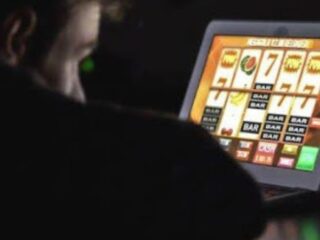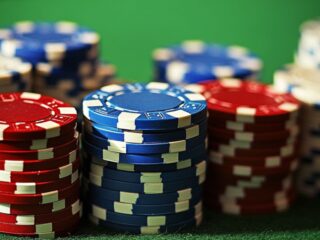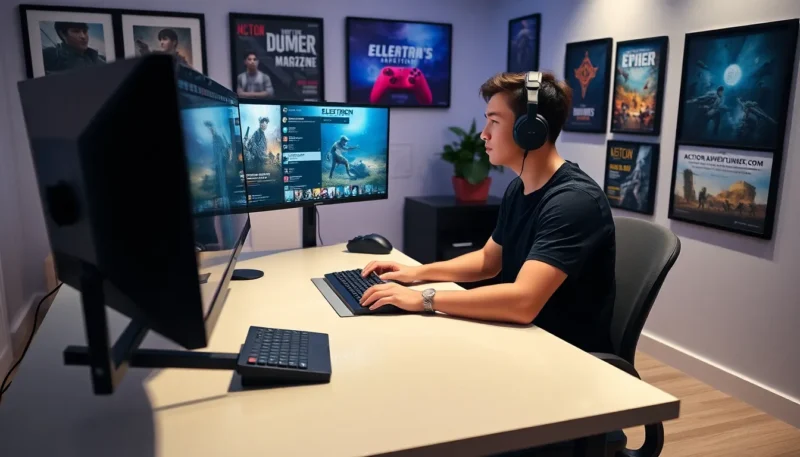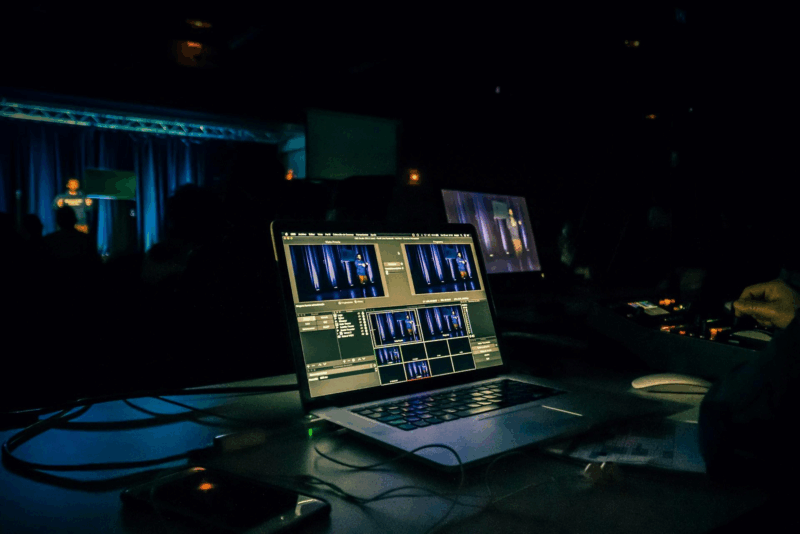
If we’re being honest, it’s nearly impossible, and that is the whole point. Progressive slot machines are designed to be completely random, and there’s no reliable way to predict when they’ll hit. However, there’s a small group of machines called “Must Hit By” progressives that do offer a tiny window of opportunity.
What are “Must Hit By” Progressive Slots?
Most progressive slots give no hints about when a jackpot might hit, but these machines are the one exception to the rule. “Must Hit By” machines come with a clearly displayed jackpot that is guaranteed to hit before it reaches a certain dollar amount. Let’s say $500.
So if the machine starts a jackpot at $300, then it is guaranteed that it will hit before it reaches $500. The closer the total gets to that $500 mark, the more likely it becomes that someone will win it soon. This is somewhat similar to sweep slots, which offer a unique twist on traditional play and often emphasize shared jackpot pools or bonus opportunities. It’s important to remember that the jackpot number doesn’t change once it’s set because the machine doesn’t decide to hit because it’s overdue. It will only hit when a randomly triggered event tells it to. But still, if you see a “Must Hit By” jackpot sitting at $495, your odds are slightly better than if it were at $305.
Player tip: These machines can offer a small edge when the jackpot is very close to the max, but it’s still a gamble. After all, it is called gambling.
Myths and Misconceptions
Many players believe that a machine is “due” to hit if it hasn’t paid out in a while. This is known as the Gambler’s Fallacy, and it’s one of the most common misconceptions in gambling.
Slot machines are programmed so that every spin is completely independent, meaning whether you win or lose on one spin, there’s no effect on the outcome of the next. There simply isn’t any memory, build-up, or pattern. A machine that just paid a jackpot can hit again immediately, or go thousands of spins without a big payout.
Similarly, the idea that machines get “looser” or “tighter” at certain times is false. The odds are set by a computer chip called a random number generator (RNG), and that chip follows a consistent mathematical algorithm 24/7. All these theories are simply driven by human psychology and the brain’s constant need to figure things out.
Probability and Odds of Hitting a Progressive Jackpot
Progressive jackpots are exciting because the potential rewards are massive, but the odds of hitting one are extremely low. In many cases, your chances are in the range of one in several million. The worst part is that these odds don’t even change from spin to spin. Whether you’re the first person to play after a jackpot hit or the hundredth, your odds of winning remain the same.
Each machine has a Return-to-Player (RTP) percentage and a volatility level that together determine how often and how much it pays. Higher volatility machines pay less frequently but offer larger prizes, including progressive jackpots. For instance, a popular progressive game like Mega Moolah might have a jackpot hit rate of 1 in 50 million spins. That means your chances are tiny, regardless of how long it’s been since the last win.
Identifying Maxed-Out or Frozen Progressives
Sometimes you’ll see a jackpot stuck at a round number like $10,000, while the smaller jackpots below it keep growing. This could be a sign that the progressive has reached its cap or has been “frozen.” Operators or game manufacturers may set a limit on how high a progressive can climb, and once it hits that limit, it will no longer increase, even if more people are playing.

It’s also worth knowing whether you’re playing on a standalone jackpot (machine-specific) or a linked one (across multiple machines). Game-specific limits can be smaller, while widely spread progressives often have larger caps but work the same way when maxed out.
The Business Behind the Jackpot
Behind the scenes, every progressive jackpot works through a carefully designed system. A small percentage of each bet goes into the jackpot pool, and that percentage is set by the casino or game manufacturer. For local progressives, this system is managed by the casino itself, but it must comply with regional laws. For instance, the Pennsylvania Code clearly states how progressive slots have to be operated within the state.
In some places where machines are linked across multiple casinos, the game manufacturer will most likely handle the setup and payout, which can sometimes cause delays. Every machine goes through strict testing by regulatory bodies to ensure fairness. The results are based entirely on probability, with no way for players—or the house—to influence the timing of a jackpot.











